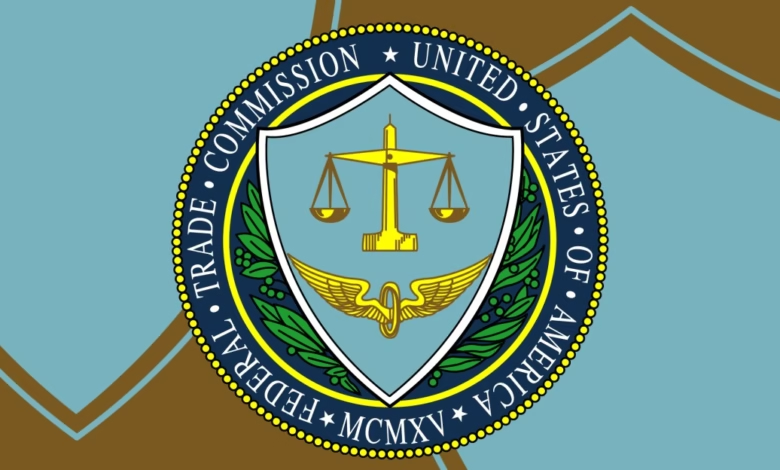FTC Approves Ad Merger, Benefits Elon Musk’s X

▼ Summary
– The FTC approved a $13.5 billion ad merger between Omnicom and Interpublic Group, requiring a ban on steering ad dollars based on political or ideological viewpoints.
– The order prevents Omnicom from avoiding platforms like X due to political views unless explicitly directed by advertisers, addressing concerns raised after X lost ads over pro-Nazi content.
– The FTC’s unusual provision responds to complaints from Republicans and Elon Musk, who accused advertisers of an “illegal boycott” after ads were pulled from X over far-right content.
– The FTC cited concerns that the merger could reduce competition, potentially enabling coordination among remaining ad agencies to control ad placements.
– Republican FTC Chair Andrew Ferguson stated the order respects advertisers’ First Amendment rights, allowing them to choose ad placements while barring Omnicom from policies based on political bias.
The Federal Trade Commission has greenlit a major $13.5 billion advertising merger with conditions that could significantly impact how brands allocate their marketing budgets across digital platforms. In a notable decision, the agency approved Omnicom’s acquisition of Interpublic Group, two of the largest U.S. media buying firms, while prohibiting the merged entity from steering ad dollars away from publishers based on political or ideological stances.
This ruling addresses concerns raised by Elon Musk’s X platform, which lost substantial advertising revenue after brands pulled campaigns amid controversies over extremist content. The FTC’s consent order explicitly bars Omnicom from implementing policies that blacklist publishers due to their viewpoints unless advertisers specifically request it. While companies can still choose where their ads appear, media agencies can no longer unilaterally exclude platforms like X based on perceived ideological alignment.
The decision comes amid ongoing tensions between Musk and major advertisers, who distanced themselves from X following reports of ads appearing alongside pro-Nazi content and the billionaire’s own controversial statements. Musk has accused groups like the Global Alliance for Responsible Media (GARM) of orchestrating an “illegal boycott,” prompting an FTC investigation into whether coordinated ad pullouts violated antitrust laws. GARM, which helped brands avoid harmful content, dissolved after legal pressure from X.
FTC Chair Andrew Ferguson, a Republican, emphasized that the merger conditions preserve advertisers’ freedom while preventing anticompetitive coordination. “Omnicom can follow client instructions but cannot independently block publishers for ideological reasons,” he stated. The order aims to balance market fairness with First Amendment protections, ensuring brands retain control over their ad placements.
Industry leaders have welcomed the development as a critical milestone. Omnicom CEO John Wren expects the deal to finalize by late 2025, while Interpublic’s Philippe Krakowski praised the FTC’s approach as pragmatic. With the commission currently operating with only three Republican members due to vacant Democratic seats, the decision reflects broader debates over free speech, corporate influence, and the role of regulation in digital advertising.
Meanwhile, legal battles continue. X recently sued media watchdog Media Matters over its role in advising advertisers to leave the platform, signaling that conflicts between platforms, brands, and advocacy groups are far from resolved. As the advertising landscape evolves, this merger ruling could set a precedent for how regulators navigate the intersection of commerce, ideology, and competition.
(Source: The Verge)





